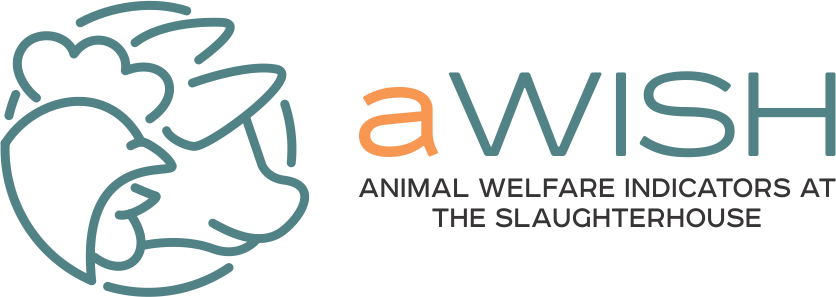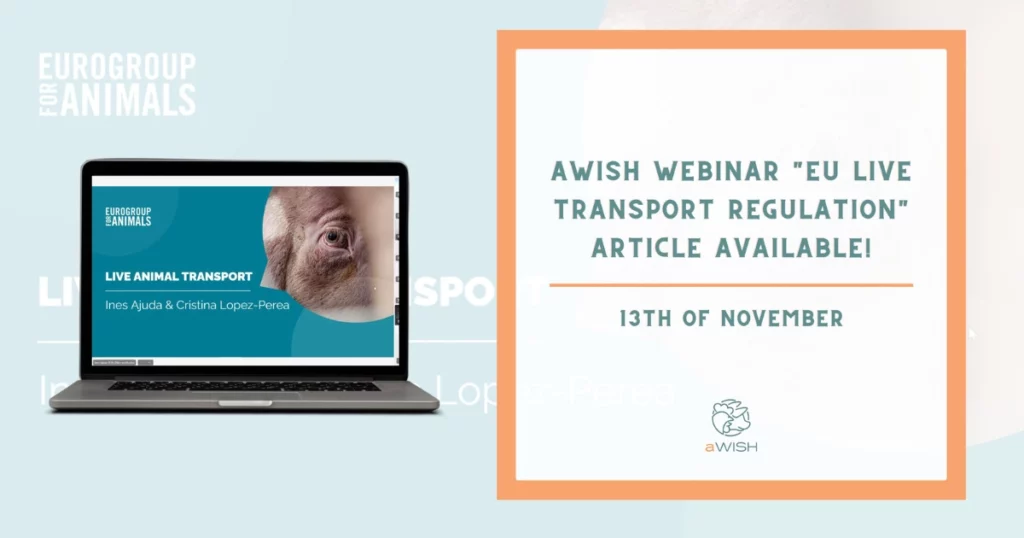This review reflects growing public and political concern over the welfare of animals enduring long journeys, often under stressful and inhumane conditions. High-profile incidents, such as delays at borders leading to severe animal suffering, have intensified calls for urgent reform.
However, while updates are urgently needed, they are unlikely to resolve the complex issues surrounding live animal transport. These challenges include welfare concerns such as overcrowding, heat stress, dehydration, injuries and mortalities, but also inconsistent enforcement across borders and logistical complications that can lead to significant delays. For example, earlier this year, 69 pregnant heifers tragically died after being stranded for over four weeks between Bulgaria and Turkey, held up by bureaucratic delays rather than legal non-compliance. The remaining cows were eventually slaughtered without stunning, causing unnecessary suffering to these sentient animals. This case underscores that even with stronger legislation, difficulties in implementation would still continue, especially at international borders where enforcement and logistical coordination are inconsistent. Similar incidents, including the recent detention of two vessels transporting live bulls at the border of Morocco for 19 days, highlight how implementation challenges exacerbate welfare problems.
A broader solution lies in reducing the need for long-distance live animal transport altogether by transitioning to trade in meat, carcasses, and genetic material. This would minimise welfare risks while ensuring animals are slaughtered closer to their place of rearing. However, this approach requires significant systemic changes. Supply chains must be restructured, and the Slaughter Regulation (Council Regulation 1099/2009) must be updated to support more localised slaughtering. Additionally, international negotiations with trade partners would be essential to address regulatory discrepancies, while trust and collaboration among stakeholders, including those with cultural and religious requirements for slaughter, are critical for success.
The challenges are significant, so the revision of the Transport Regulation must also explore alternative, more immediate measures to improve the welfare of animals during transport.
In particular, a strict and transparent monitoring and reporting system is essential to ensure systematic violations are effectively identified and prevented. This includes tackling illegal trade and ensuring all forms of transport are subject to consistent checks and controls. The revised legislation should also propose scientifically based species- and category-specific minimum standards for all animals transported. These standards would need to address the specific physical and psychological needs of different species to improve welfare conditions during transit.
The revised regulation should adhere to the principles of reducing, refining, and replacing live transport wherever feasible. Clear definitions and minimum requirements must be established for terrestrial farmed animals, fish, equines, companion animals, animals used for scientific purposes, and wild animals to ensure their welfare is upheld.
We recently held a webinar internally for our consortium to explore these issues in greater depth. If you are interested in discussing this further or in the possibility of an external session, we welcome you to contact us.


